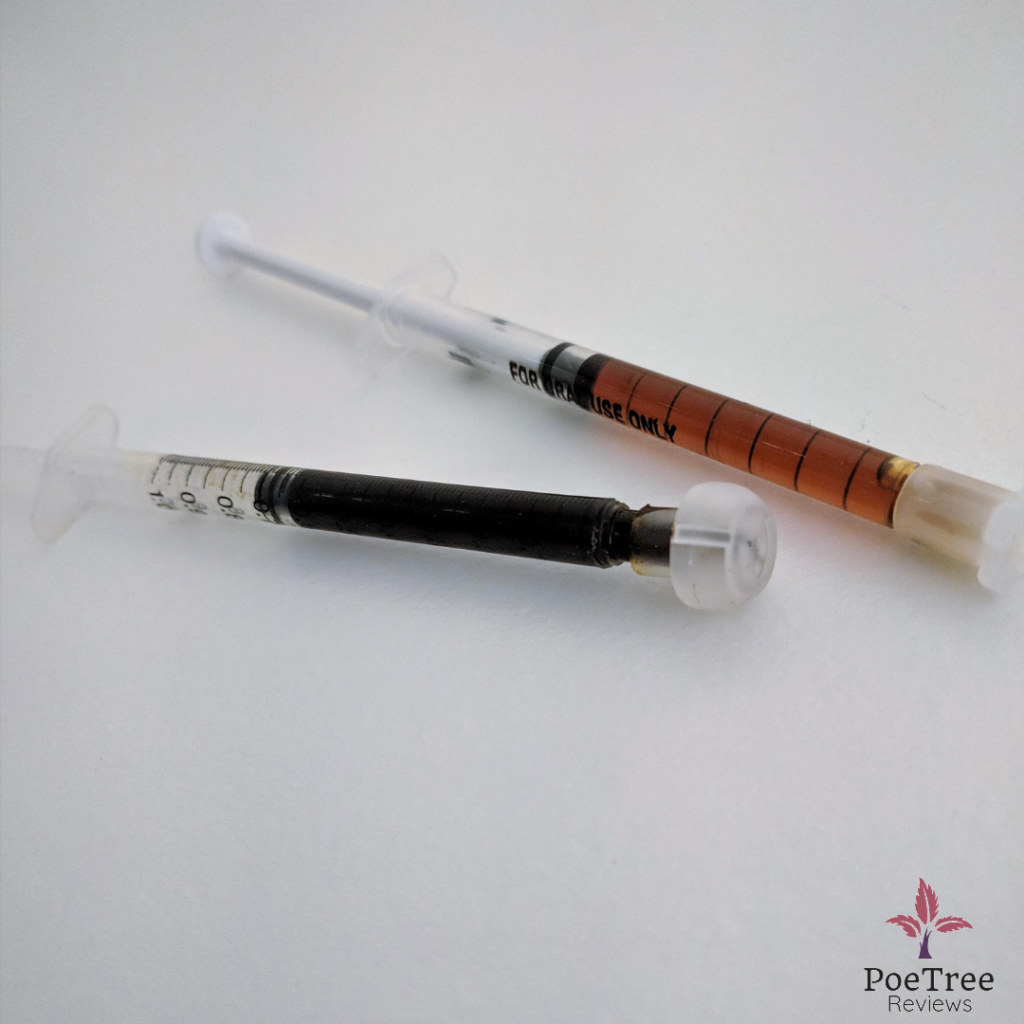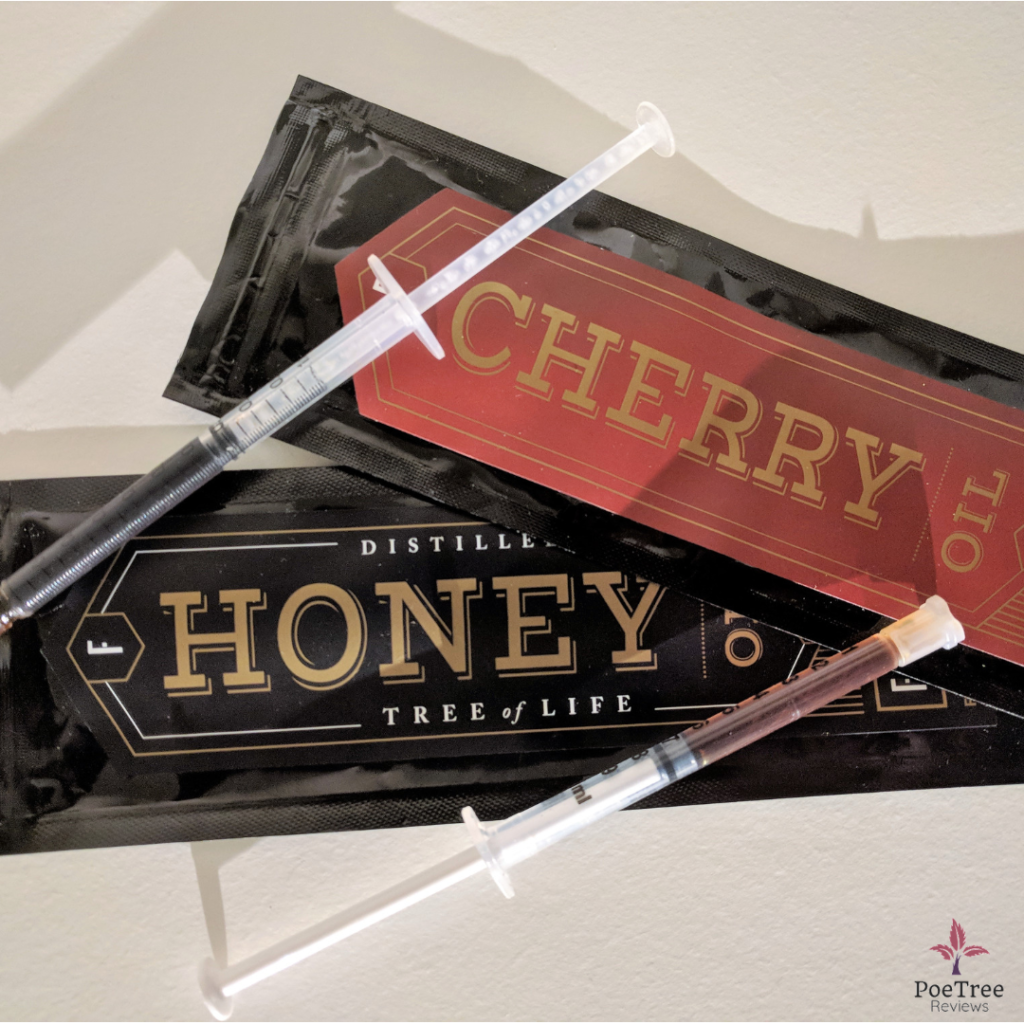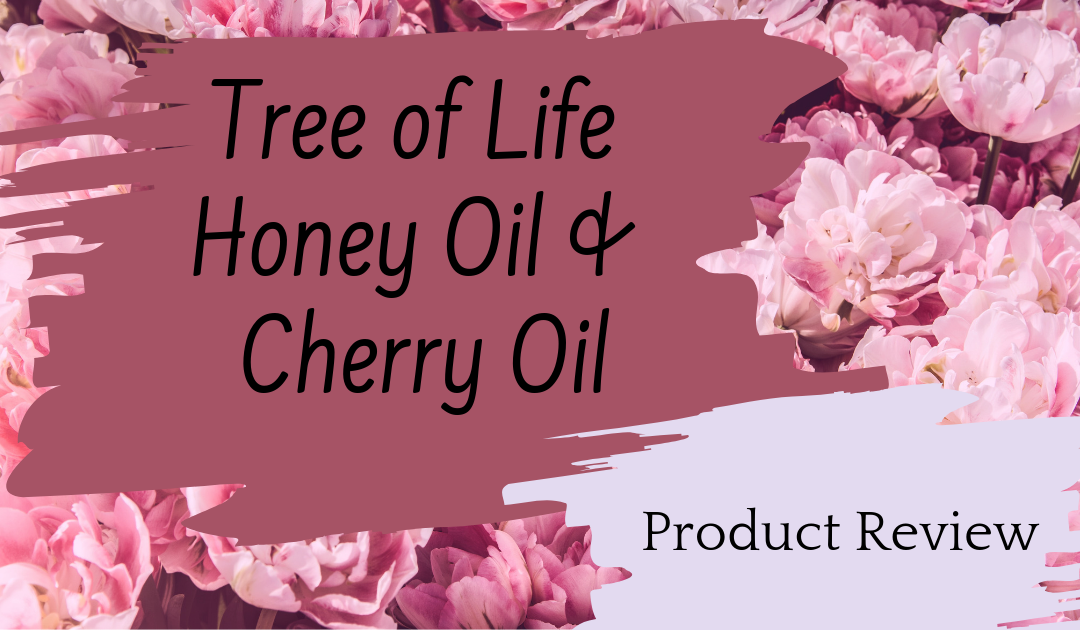I like discussing the old Canadian “grey-market” system a lot, because I don’t think it should ever be forgotten that grassroots efforts, in certain areas of the country, accomplished extremely efficient medical cannabis supply and distribution. I eschewed the government medical cannabis programs in favour of community-born cannabis compassion clubs, due to the accessibility and convenience of this system. I felt a greater piece of mind receiving advice, products, and care from other patients and enthusiasts, than I ever would have if I had gone through the bureaucracy of government supply. Even though many individuals deemed medical cannabis clubs to be menacing and illegal, the system was by no means a “free-for-all,” and any respectable and authorized clubs required verification of age, as well as documented proof of medical ailments. Medical compassion clubs differed greatly from “medical” mail-order pot shops, which discreetly distribute boutique cannabis to anyone with a valid address. Compassion clubs serviced patients with the honest intentions of connecting them to medicines that they would not be able access on their own.
So, because I was registered within numerous clubs (government systems cap the amount of LP’s you can order from), I had access to many diverse medical products before the government “legalized” and stuffed their fists inside of our old supply chains. I placed a final order from my medical club right before the start of October, and then I watched the system that took care of me for years, crumble before my eyes, as the Canadian government took control of all cannabis sales.
Now that recreational cannabis is legal in Canada, many medical patients have had their supply choked and restricted. It is now harder than it has been in many years, for me to find the exact products and strains that I need to get through life. There are many recreational and casual users out there that have had their access to cannabis broadened, and I am truly glad that a lot of beginners have had their eyes opened to the benefits of cannabis. However, as we approach the second month of cannabis legalization in Canada, as someone who became accustomed to abundant selection and supply, I can’t help but feel anything but robbed.

Anyways, I will now end my rant and direct my focus onto my product reviews…
My last medical order was intended to last me for a little while, as I had anticipated that the government would surely goof up everything possible when it came to adequate and quality supply (and I definitely wasn’t wrong). And so, as we do in the age of social media, I sent a few of my close friends a “flex” snap of all of my fancy cannabis products. One response to my snaps sort of made me chuckle, as a friend of mine was confused about why I had a couple of syringes filled with dark viscous matter. Although this friend has been a user longer than me, I had to explain that these were needle-less syringes filled with thick hash oils, in order to allow for the mess-free and accurate dosing of these medical extracts.
So, although hash oils are not yet legal in the recreational market, I still felt like it would be beneficial for me to write something to explain the details of a product and dosing method that may be really unfamiliar to recreational or former black-market users.
CBN Cherry Oil
I, like a huge amount of the North American public, have a really hard time falling asleep at times, and I definitely consider myself a self-diagnosed insomniac. Sleeping is like one of my favourite activities in life, so when I can’t fall asleep and spend the majority of a night ruminating over anxious thoughts and embarrassing things I did when I was 11 years old, I get pretty unhappy. I discovered the amazing benefits of cannabis as a sleep aid many years ago, and now, I can’t remember the last time that I nodded off without at least a puff. Although, more intense bouts of sleeplessness require something heavier than flower, and one of my favourite extracts for insomnia has been a high CBN hash oil called Cherry Oil.
The creation of hash and hash oils is an extraction that may use a variety of solvents such as, butane, carbon dioxide, or isopropanol. The finished product is then drawn up into a syringe, much like Phoenix Tears, however hash oil is much less potent than the latter medical extract.
Both of the syringes that I have are extracted by Tree of Life, and they are extracted and processed in a manner allows them to be smoked, vaporized, or be orally ingested. However, many other hash oils are meant only for smoking or dabbing; if the oil is not specified to be “activated” it will not be possible to ingest as an edible.
Cherry Oil is dark with a reddish tint to it, as it has been charcoal filtered to remove the plant’s chlorophylls.
Even though it is possible to eat this oil directly, I have yet to do so, due to the fact that I am set in my ways, and also too impatient to wait for oils to take effect. Right before bed, I take a rolling paper and use the syringe to neatly dispense my oil onto my paper, then I take some indica flower and roll everything up nice and tight. After a few minutes, my whole body will feel relaxed, my brain will start wandering to other dimensions, and I will be prepared to drift into an extremely comfortable sleep. I would say that even less than a quarter of a milliliter of oil will do the trick to put me into a pain-free and dream-less coma for a few hours.
Honey Oil
This hash oil is much lighter in colour, resembling regular bee honey very closely. Honey oil is an extremely pure form of hash oil, as it has been charcoal-filtered, as well as “winterized” to remove any plant waxes.
Tree of Life Honey Oil can be smoked, vaped, dabbed, or eaten, but unlike the Cherry Oil, it does not contain high levels of CBN, and therefore can be used more effectively in the daytime.
Honey Oil is ideal for treating mental health conditions, chronic pain, and appetite loss.

According to our legal bodies, one of the main reasons that high potency extracts like hash oils are not yet legal, is because of the dangerous methods that are used to create them. It is very true that extracting hash via cheap solvents such as butane is extremely dangerous, poses a high risk for fire or explosions, and should be discouraged. However, taking this highly popular product off of the legal market seems like a very contradictory way to prevent dangerous extraction methods. By making such a product illegal, we create a situation where hash cannot be extracted in safe settings by experienced producers. In my opinion, this encourages an environment where more people must take to using unsafe home methods to obtain their potent oils.
But once again, I have given up on our government being able to concoct sensible policies when it comes to governing this beautiful medical plant. We have heard enough of the government’s misguided opinions when it comes to cannabis, and this is why I find it crucial to use my voice to give realistic and informative messages about the herb, despite its perceived “legality” or “illegality.”
Source:

